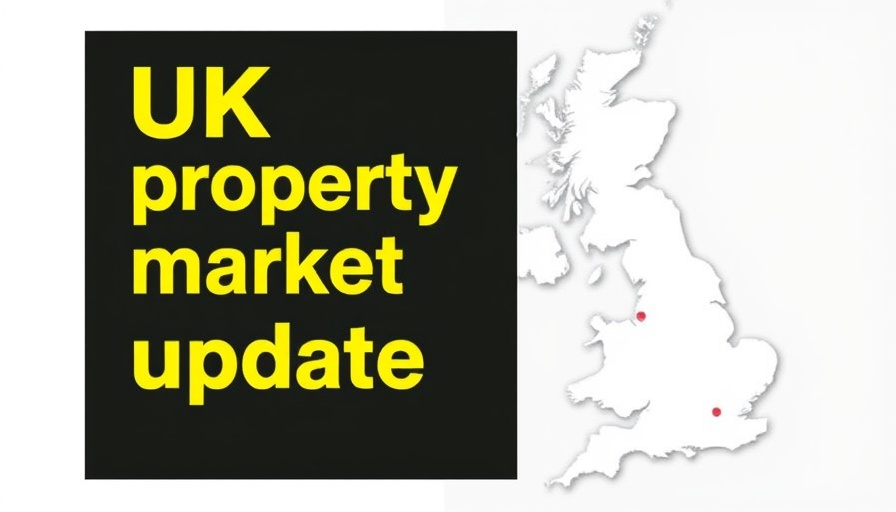
Understanding Dirty Money’s Role in Rising House Prices
The UK housing market has long been criticized for its soaring prices, but a lesser-discussed factor is the influx of illicit funds. Recent reports reveal that estate agents are struggling to combat "dirty money"—ill-gotten gains from criminal activities—that is fueling house price inflation. This phenomenon not only distorts fair market values but also poses legal and ethical challenges for property investors.
What Constitutes Dirty Money?
Dirty money refers to funds acquired through illegal means, such as drug trafficking, fraud, or corruption. These funds, when funneled into the UK housing market, can inflate prices beyond their natural market value. According to a recent analysis by Transparency International, over £4.5 billion of suspicious funds have been used to purchase UK properties in the past three years alone, highlighting how large-scale investments are facilitated without rigorous scrutiny.
Challenges for Estate Agents and Investors
Despite the implementation of the Money Laundering Regulations, many estate agents still report difficulties in verifying the sources of their clients’ funds. A significant challenge lies in the lack of sufficient training for agents and inadequate regulatory enforcement, which can lead to unprincipled practices that inadvertently support money laundering.
Moreover, some developers and landlords may overlook due diligence in favor of fast cash transactions, which complicates the environment further. For property investors, this presents a dual challenge: navigating a morally ambiguous market while also managing the risk associated with potential legal implications linked to dirty money.
Future Predictions: Increased Regulation on Property Transactions
As awareness of the influence of dirty money on housing prices grows, regulatory bodies are likely to tighten the ropes around property transactions. Predictions suggest that the upcoming year may see heightened scrutiny on larger transactions and a requirement for greater transparency regarding beneficiaries in property ownership.
This increased regulatory framework aims to ensure that the housing market reflects genuine demand rather than manipulated pricing by illicit actors. Investors who prepare themselves with appropriate compliance practices will gain a competitive edge.
Why This Matters to Property Owners
For current and potential property owners and investors, understanding the implications of dirty money is crucial. Firstly, the presence of illicit funds can devalue genuine investment. Properties inflated by dirty money are at risk of price correction, potentially leading to financial loss for investors if they cannot find a willing market at the inflated price.
Furthermore, buyers and sellers alike may find themselves implicated in investigations if regulatory compliance is compromised. Understanding these dynamics not only shields property owners from reputational damage but equips them with the tools to challenge unethical market practices effectively.
Actionable Steps for Property Investors
To navigate the murky waters of property investment amidst dirty money influences, consider the following:
- Implement thorough due diligence: Always verify the legitimacy of funds before proceeding with a transaction. This includes seeking proof of funds and conducting background checks on buyers.
- Engage legal experts: Working with solicitors who specialize in property law can ensure that all transactions adhere to legal requirements and can guard against potential liability.
- Stay updated on regulations: Keep abreast of changes to the Money Laundering Regulations and other relevant laws to comply effectively and protect your investments.
Final Thoughts
As the effects of dirty money on the property market become increasingly evident, it is vital for stakeholders to remain vigilant and proactive. Understanding these influences empowers investors and property owners to uphold integrity in their transactions. By adopting rigorous compliance practices and ethical standards, the property market can gradually pivot back to a more transparently accountable system.
For anyone involved in the UK property market, it's time to double down on transparency and ensure your investments rest on solid, legally acquired ground.
 Add Row
Add Row  Add
Add 





Write A Comment